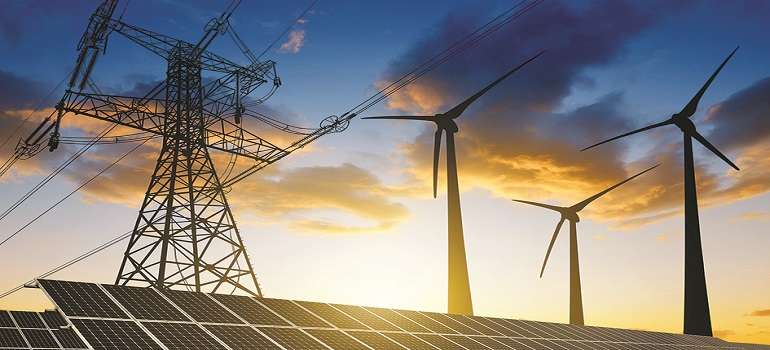
A greater investment in clean energy will contribute to Asia-Pacific’s recovery from the COVID-19 crisis and make economies more resilient against future shocks, the Asian Development Bank (ADB) said on Tuesday.
In view of the current scenario, ADB has invited proposals for digital solutions to improve waste management, reduce the amount of material sent to landfills, and increase sustainability in order to create more resilient communities.
“Greater investment in clean energy infrastructure will contribute to Asia and the Pacific’s recovery from the coronavirus disease (COVID-19) pandemic and make economies more resilient against future shocks,” ADB observed in its virtual Asia Clean Energy Forum (ACEF) 2020.
ACEF 2020 will launch a new innovation challenge — ‘Digitizing Waste Collection through Handling, Tracking, and Recycling to Disposal.’ It is clear that the COVID-19 crisis has made tackling climate change and other development issues an even bigger challenge ? said ADB President Masatsugu Asakawa.
However, the situation offers opportunities and we must now seize the chance to rebuild smartly. As the region’s leading clean energy event, ACEF is the ideal forum to discuss these opportunities and ensure that clean energy plays a core role in helping Asia and the Pacific emerge stronger than before ? Asakawa said.
Co-hosted by ADB, the United States Agency for International Development, and the Korea Energy Agency, ACEF 2020 is being held from June 15-19 in response to the COVID-19 pandemic and to ensure energy efficiency.
ADB said ACEF 2020 with the theme ‘Vision 20/20: Cross-sectoral Innovations for a Sustainable Future’, explores the road map for achieving countries’ energy-related nationally determined contributions under the Paris Agreement.
It also discusses about innovations at the nexus of energy, transport, and urban development; and building energy sector resilient, particularly in fragile and small island countries.
International Energy Agency Executive Director Fatih Birol stressed the importance of addressing climate change and air pollution in the recovery, ADB said.
A panel discussion, including Sri Lanka’s Permanent Secretary of Ministry of Power & Energy Wasantha Perera and International Solar Alliance Director General Upendra Tripathy, explored the prospects for development of finance and capacity building in the region.
ADB said it has invested more than USD 23 billion in clean energy from 2008 to 2019.
Last year, ADB’s climate financing reached a record USD 6.56 billion, meeting its target of doubling the annual climate investments from 2014 one year ahead of schedule.
Under Strategy 2030, ADB is targeting USD 80 billion in cumulative climate financing from its own resources by 2030 and for at least 75 per cent of its country operations to feature climate adaptation and mitigation initiatives. Established in 1966, ADB is owned by 68 member 49 from the Asia -Pacific (APAC) region.
Source: PTI

